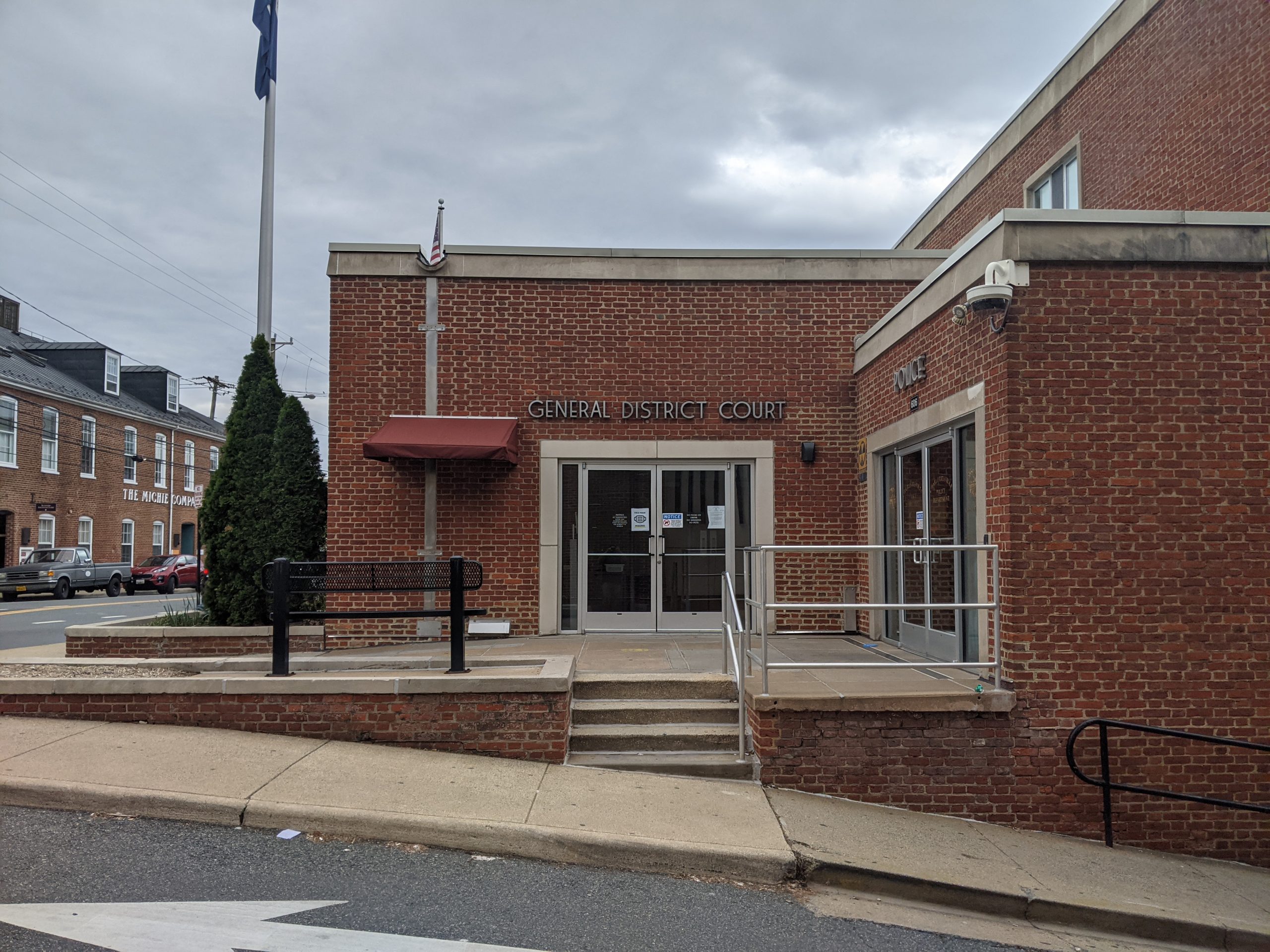As millions of people across the country struggle to get back on their feet, an eviction crisis rages alongside the coronavirus pandemic. The Centers for Disease Control and Prevention’s nationwide ban on evictions has been extended until June 30, and states continue to offer rent relief options for struggling tenants—yet these protections have not been enough to keep people safely in their homes, including in the Charlottesville area.
From January 1 to April 12, 97 eviction hearings in Charlottesville resulted in 17 evictions, and 67 Albemarle County hearings led to 15 families being removed from their homes.
One persistent problem with the nation’s eviction system is that tenants facing eviction often go to court without legal counsel. Those with lawyers are far more likely to remain housed, yet few can afford them. Meanwhile, a majority of landlords have attorneys with them in the courtroom.
Since March, several advocacy groups including the Charlottesville Democratic Socialists of America, the Human Rights Commission, and the Public Housing Association of Residents have pushed City Council to commit $460,000 to establish a right-to-counsel program for low-income households facing eviction. The funds would go to hiring three full-time attorneys and an outreach worker to administer the program, which would be overseen by the Legal Aid Justice Center.
“People who don’t have an attorney, their outcomes are much worse. So this will level that playing field,” says Brian Campbell, co-chair of DSA’s housing justice committee.
According to the National Coalition for a Civil Right to Counsel, New York City established the first right to counsel program for evictions in the country in 2017. The program has been wildly successful—86 percent of tenants represented by legal counsel have been able to stay in their homes, and eviction filings have dropped by 30 percent.
Seven other cities now have right-to-counsel programs for evictions. If Charlottesville moves forward with a right-to-counsel program, it would be the first city in the South to establish one.
Last month, City Council discussed setting aside $117,000 of the $10.5 million it will receive from the American Rescue Plan next month to create a right-to-counsel program, which housing advocates immediately protested as an insufficient amount.
During an April 5 council meeting, City Manager Chip Boyles announced that the city will use ARP funds to establish the program for at least two years. Yet it remains unclear if it will receive all of the requested funding.
“Getting them to agree in principle to the $460,000 is important. It means the program will be robust enough to work,” says Campbell. “It’s not window dressing—this is an actual real program that will help people.”
People who don’t have an attorney, their outcomes are much worse. So this will level that playing field.
Brian Campbell, co-chair of DSA’s housing justice committee
Since last summer, DSA volunteers have visited tenants with eviction cases on the docket in Charlottesville and Albemarle County, informing them of their legal rights and connecting them with rent relief programs.
“A lot of people we canvass don’t know the [moratorium] is in place…[or] that they are being evicted until a DSA volunteer knocks on their door,” says Campbell.
From July 14 to March 9, DSA observed 142 of the 259 eviction hearings that occurred in Charlottesville. Around half of the tenants did not show up, and half of those hearings resulted in an eviction judgment. Only around 8 percent of tenants who attended their hearings came with an attorney.
These few fared much better in court—their cases were either dismissed or set for trial, instead of resulting in an eviction. Meanwhile, nearly 30 percent of tenants without legal representation were evicted, and almost 50 percent had their cases continued or set for trial.
Charlottesville’s long history of systemic racism and wealth inequality makes the eviction crisis a racial justice issue too. More than half of the tenants facing eviction were Black, reflecting a much higher risk of eviction for Black families than white families.
According to DSA activists, the federal eviction moratorium has been weakened by loopholes. Landlords are still able evict tenants for reasons besides non-payment of rent, such as noise complaints. They can also refuse to renew the leases of tenants they want to evict.
In Charlottesville, LAJC currently takes on a limited number of eviction cases, typically those involving public housing residents.
“The way that we’ve been doing it is kind of a triage approach, [helping] people who are in the worst-case scenarios,” explains Deputy Director for Advocacy Elaine Poon. Because Charlottesville has 500 to 700 eviction filings a year, “it’s just not enough people to handle them.”
City Councilor Lloyd Snook says he recognizes the dire need for a right-to-counsel program in Charlottesville. While managing his private law firm, he often received calls from residents facing eviction who needed legal representation, but most of them could not afford it.
He agrees the program should be run by LAJC, and hopes the city can collaborate with Albemarle County, which is set to receive $21.2 million in ARP funds.
“When somebody is getting evicted, they may not even know if they’re living in the city or county,” says Snook. “We ought to approach the problem in a unified kind of way.”
But to keep evictions from happening in the first place, housing activists continue to emphasize the critical need for affordable housing in the Charlottesville area.
“One of the reasons that this is such a crisis is because people are spending so much of their income on rent,” says Campbell. “Affordable housing is the long-term goal.”






